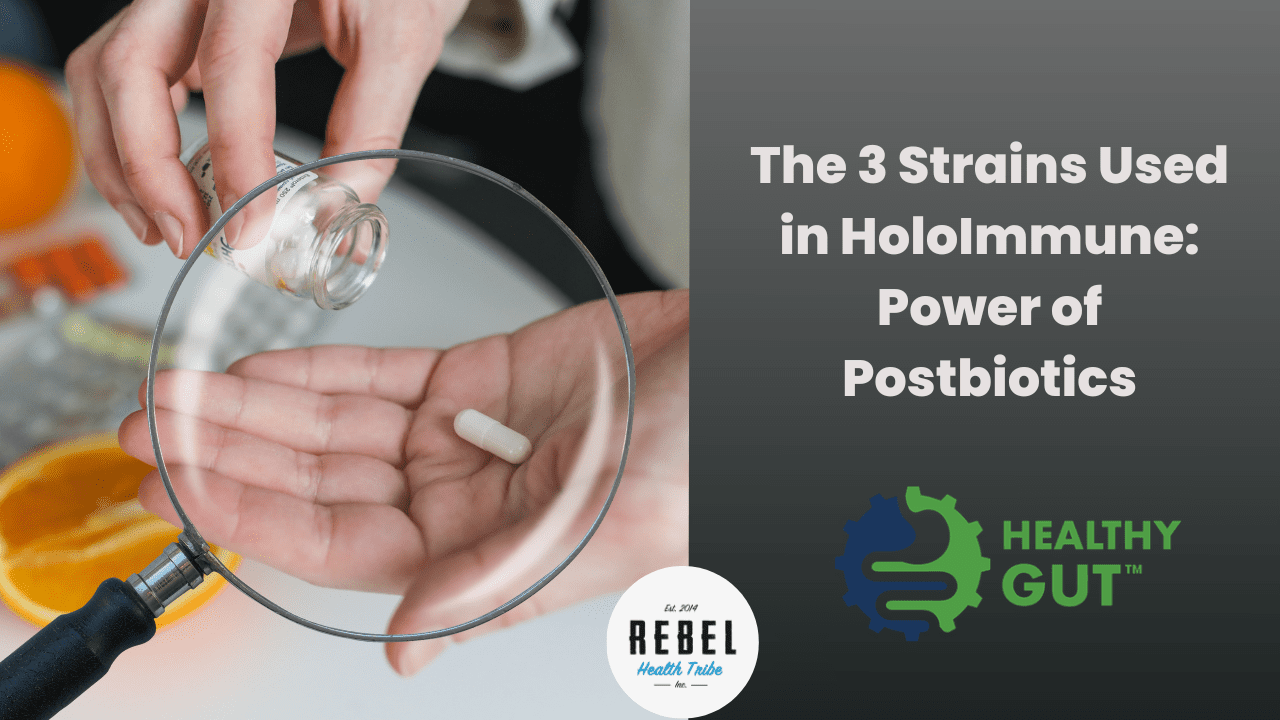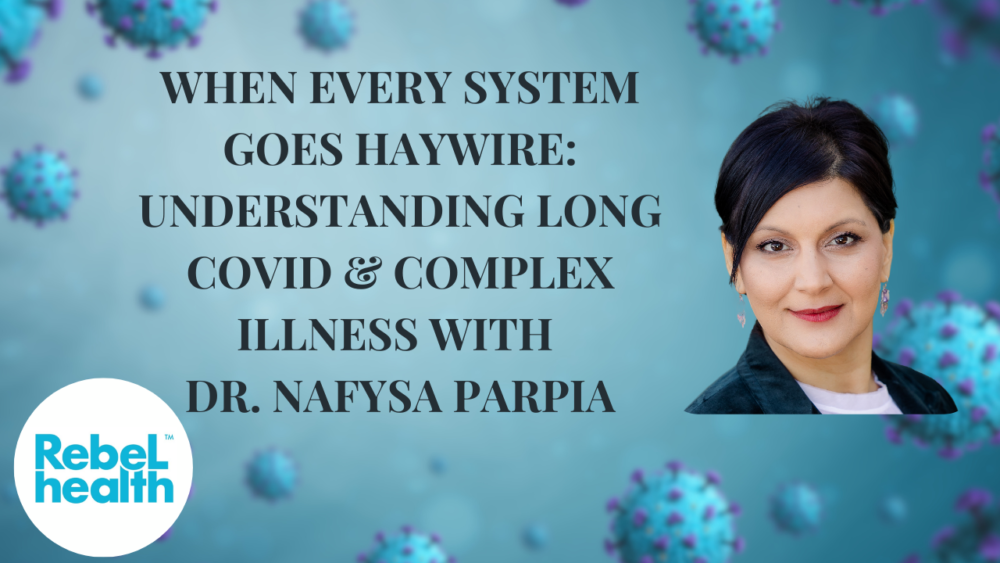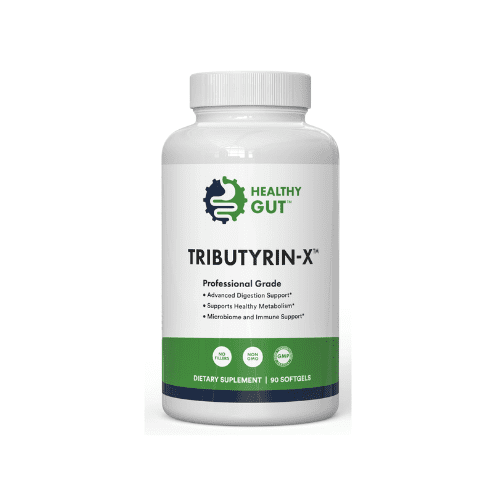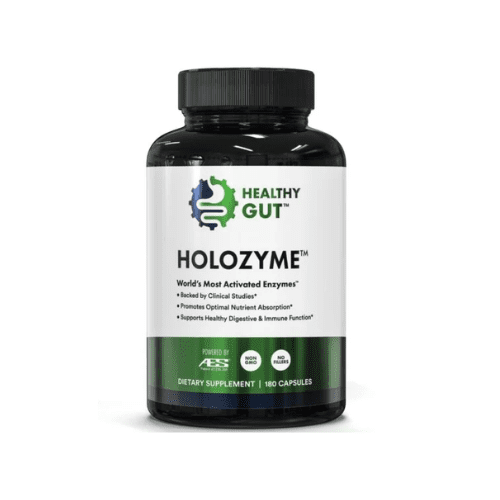Kiran Krishnan:
So here are some studies that show what LPS does in the gut. I’ll give you a quick summary. I could do a two hour, and I have done a two hour talk, just on this part alone, but this will be a quick summary. This is a study published by the American Diabetic Association showing that metabolic endotoxemia, that is the movement of LPS from the Lumen past the mucosal layer, past the intestinal barrier into the circulatory system in response to eating food, that’s what it’s called, metabolic endotoxemia, initiates obesity and insulin resistance. It’s the cause of weight gain. It’s the cause of metabolic syndrome. It’s the cause of insulin resistance.
So it occurs first prior to weight gain coming on, prior to insulin resistance, and everything else that falls under metabolic syndrome. This second study just shows you that it does it through something called a CD14 dependent method. What’s important about that is we know that CD14 activation of the immune system is a type of inflammation that drives most chronic illnesses. So we know that this dysfunction in the gut is activating the immune system through a CD14 method. This also shows you, this was a discussion we were having on Facebook just recently, this shows you that this lipopolysaccharide, this LPS which causes inflammation in the mucosa and starts to penetrate closer to the intestinal epithelium, will actually cause intestinal type junction permeability, both in vitro and in vivo model. So when you have this dysfunctional microbiota, you have a disrupted mucosa, LPS is allowed to migrate closer to the intestinal epithelium.
It sets off an inflammatory pathway and an inflammatory process that ends up hurting the intestinal tight junctions and then you end up with this localized expression of toll-like receptor four and again, that CD14 activated immune response. So the localized activation of CD14 and toll-like receptor four lead to tight junction dysfunction. And also, as I mentioned, plays a role in non-alcoholic fatty liver disease. Here’s a bunch of studies that show that LPS migrating through actually induce and can induce autoimmune disease in experimentally induce autoimmune conditions.So we knowthat it can act as the environmental trigger that’s required for the induction of autoimmune disease. So it plays a significant role in immune dysfunctions. Here’s a study that shows that it plays the primary role in setting up the inflammatory process in the brain that causes Alzheimer’s.
So gut derive LPS that moves from the lumen past the barriers because now the barriers are messed up because you are dysbiotic, it enters the circulatory system, enters the brain, and starts the process of inflammatory response in the brain itself, which sets up Alzheimer’s disease.





























